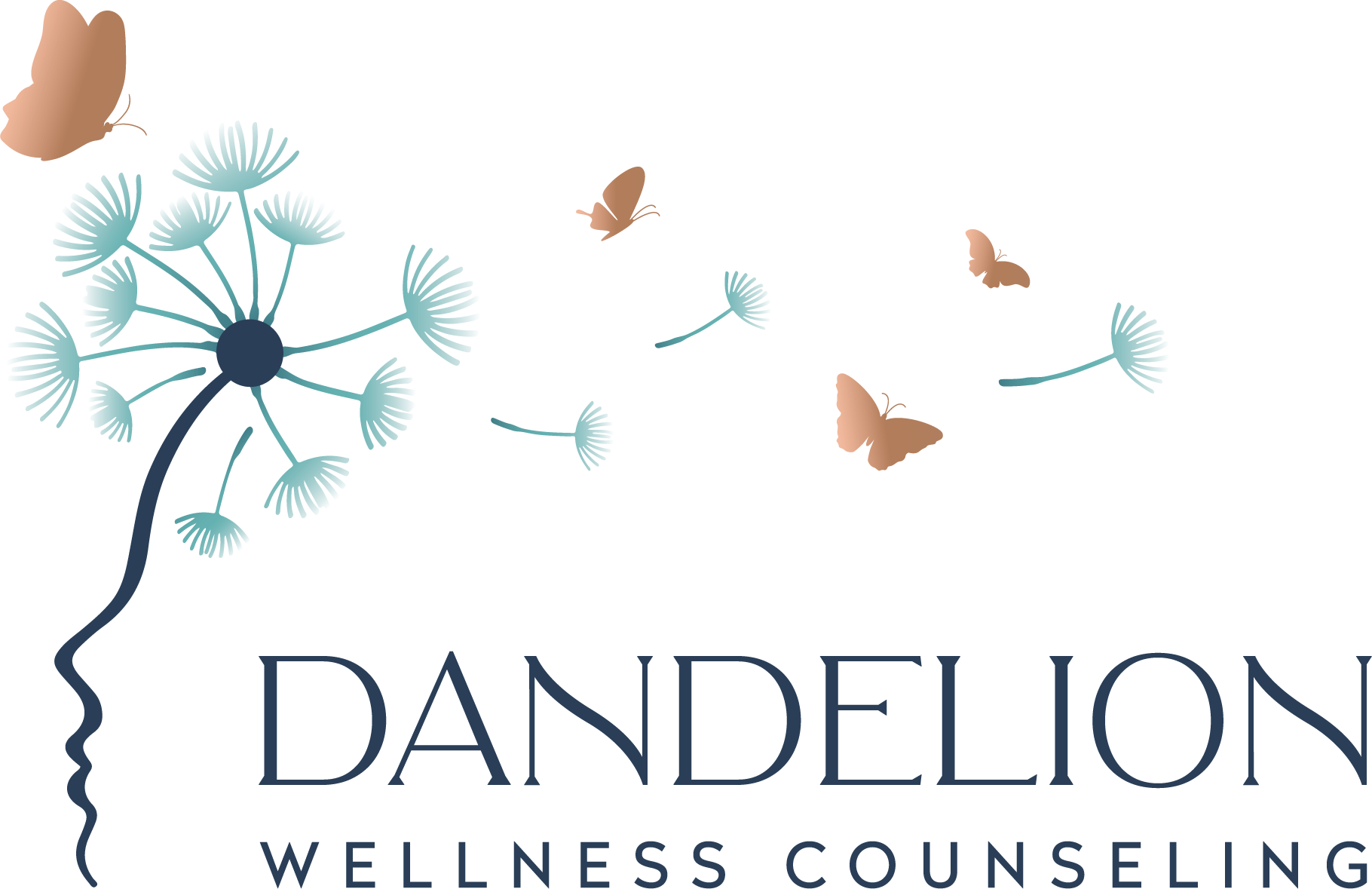Bloom Together: The Healing Power of Mental Health Support Groups at Dandelion Wellness Counseling

Looking for Therapy Support? Here's How We Can Help:
Understanding the Importance of Mental Health Support Groups
Mental health support groups are essential spaces where individuals can come together to share their experiences, seek guidance, and foster healing. These groups offer a sense of belonging and understanding, which is crucial for those facing mental health challenges. In today’s world, the stigma surrounding mental health often leaves individuals feeling isolated in their struggles, making support groups an invaluable resource.
Many individuals with mental health issues face numerous challenges, including anxiety, depression, trauma, and relationship difficulties. These challenges can create feelings of loneliness and despair, making support from others not just beneficial but often necessary. By participating in a support group, individuals can find solace in knowing they are not alone in their journeys.
The importance of community in the healing process cannot be overstated. Support groups cultivate connections that empower members to share their stories, celebrate their victories, and express their emotions freely. As members bond over shared experiences, they develop a collective strength that enhances their individual healing journeys.
The Unique Approach of Dandelion Wellness Counseling
At Dandelion Wellness Counseling , we believe in a holistic approach to mental health support. Our philosophy is centered around the understanding that everyone has the potential for resilience, authenticity, and transformation. We draw inspiration from the dandelion, a flower that symbolizes growth and perseverance even in life’s harshest conditions. Just like the dandelion, individuals can thrive and find peace within themselves with the right support and community.
Central to our approach are the “5 C’s” of mental health: Competence, Confidence, Connection, Character, and Caring. These five principles guide our support groups and help members build essential tools for emotional well-being:
- Competence: Developing emotional and interpersonal skills.
- Confidence: Building belief in one’s own worth.
- Connection: Forming supportive relationships that foster healing.
- Character: Acting with integrity and self-awareness.
- Caring: Extending empathy to oneself and others.
Through engagement with these principles, our group members cultivate self-awareness, resilience, and compassion, allowing them to carry their healing forward long after the group ends.
In conclusion, mental health support groups are a vital tool for those seeking community, understanding, and growth in their wellness journeys. At Dandelion Wellness Counseling, we are dedicated to providing a nurturing environment where individuals can explore their mental health challenges and find healing through shared experiences. Join us as we bloom together in support and growth.
What to Expect in Dandelion’s Support Groups
When you participate in a support group at Dandelion Wellness Counseling , you can anticipate a thoughtful structure designed to foster connection and healing. Each session begins with grounding exercises that promote mindfulness and emotional safety, allowing members to settle into the space before diving into deeper discussions. These exercises can set a positive tone for the session, helping individuals feel more present and engaged.
The format of a typical support group session may include:
- Grounding Exercises: Techniques to center yourself and prepare for sharing.
- Sharing Opportunities: Participants are encouraged to share their experiences and feelings at their own pace, fostering trust and vulnerability.
- Guided Discussions: Led by licensed therapists, these conversations explore common themes and coping strategies relevant to the group.
Licensed therapists play a crucial role in facilitating these conversations. They create a safe environment that promotes open dialogue, ensuring all members feel valued and heard. By skillfully guiding discussions, therapists help participants explore their emotions, gain insights, and learn from one another's journeys.
Building Connections Through Shared Experiences
The essence of support groups lies in the connections formed through shared experiences. Members often find that their stories resonate with one another, creating a profound sense of belonging. This communal vulnerability helps individuals realize that they are not alone in their struggles, which can be a powerful motivator for healing.
In each session, participants are encouraged to embrace their authentic selves and share their challenges and triumphs. This dynamic encourages:
- Trust: As individuals open up about their experiences, trust builds among group members, enhancing the group’s cohesiveness.
- Emotional Tools: Sessions include discussions on practical coping strategies that members can use in their daily lives, drawn from the collective wisdom of the group.
- Coping Strategies: Members share real-life approaches to navigating anxiety, trauma, grief, and more, enriching each person’s emotional toolkit.
Through these interactions, individuals learn valuable lessons in empathy and support, which can be transformative in their healing journeys.
Fostering a Safe and Compassionate Environment
At Dandelion Wellness Counseling, we prioritize creating a safe and compassionate environment for all group members. Our principles of confidentiality and compassion underpin every interaction, encouraging openness and honesty among participants. The respect and understanding cultivated within the group allow individuals to express themselves without fear of judgment.
Key elements of this environment include:
- Confidentiality: What’s shared in the group stays in the group, giving members the freedom to speak candidly.
- Compassion: Participants are encouraged to approach each other with empathy and kindness, recognizing that everyone’s journey is unique.
- Individual Pacing: Members are invited to share at their own pace, ensuring they feel comfortable and supported in their storytelling.
This nurturing approach helps individuals explore their feelings and experiences deeply, enhancing their connections with themselves and others. As a result, support groups at Dandelion Wellness Counseling serve as a source of encouragement, wisdom, and growth, contributing significantly to each participant's healing process.
Who Can Benefit from Support Groups and Why Dandelion Wellness?
Mental health support groups are not just for individuals in crisis; they are a vital resource for anyone looking to enhance their emotional well-being and cultivate a community of support. Understanding the right moments to seek group support can be pivotal in one’s journey of healing and recovery. At Dandelion Wellness Counseling , we emphasize the value of participating in support groups for ongoing growth and resilience-building. Here are some key points to consider:
- Ongoing Support: Support groups provide continuous emotional reinforcement, helping members navigate everyday challenges and transitions.
- Preparation for Life Changes: Groups help individuals acclimate to significant life changes, such as job loss, relationship changes, or personal loss.
- Preventative Care: Engaging in group support can serve as a preventive measure, reducing the likelihood of experiencing severe mental health crises.
While support groups are beneficial for many, it’s crucial to recognize when they are most appropriate. In times of immediate crisis, such as suicidal thoughts or extreme emotional distress, direct intervention and professional emergency care are necessary. Support groups are designed for individuals who are seeking to foster their emotional intelligence and interpersonal skills rather than responding to acute incidents.
The Ideal Candidate for Dandelion Wellness Support Groups
Support groups at Dandelion Wellness Counseling welcome a diverse range of participants. However, certain characteristics can help identify individuals who may benefit the most from these communal spaces. Consider the following:
- Anxiety, Trauma, or Grief: Individuals coping with anxiety, trauma, or grief often find solace and understanding in shared experiences.
- Identity Exploration: Those navigating issues of identity such as gender, orientation, or cultural identity can discover affirming connections and support.
- Life Transitions: Whether facing a career change, moving to a new city, or dealing with significant personal loss, support groups help individuals process their emotions and adapt.
Our groups are designed to cater to those seeking connection, validation, and tools to manage life’s complexities, ultimately leading to positive transformation.
Why Choose Dandelion Wellness Counseling?
Dandelion Wellness Counseling offers a unique, holistic approach to mental health support. With a focus on individualized care, our support groups embody the same principles that define our practice: resilience, authenticity, and transformation. Here are just a few reasons to choose us for your support group needs:
- Holistic Care: Our therapists view each person as a whole, capable of growth and recovery.
- Individualized Support: Group sessions are adaptable to meet the unique needs and experiences of participants.
- Success Stories: Many individuals have found profound healing and connection through our support groups. We celebrate these journeys, proving that community can lead to remarkable transformations.
If you are ready to take the next step in your healing journey, we invite you to join a support group at Dandelion Wellness Counseling. You don’t have to navigate life’s challenges alone; together, we can bloom and thrive.
Conclusion:
Healing is not a solitary journey; it’s a shared experience that flourishes within a community. By exploring mental health support groups, you embark on a path toward recovery and personal growth at Dandelion Wellness Counseling. Join us to discover the supportive connections that can empower you on your journey.
